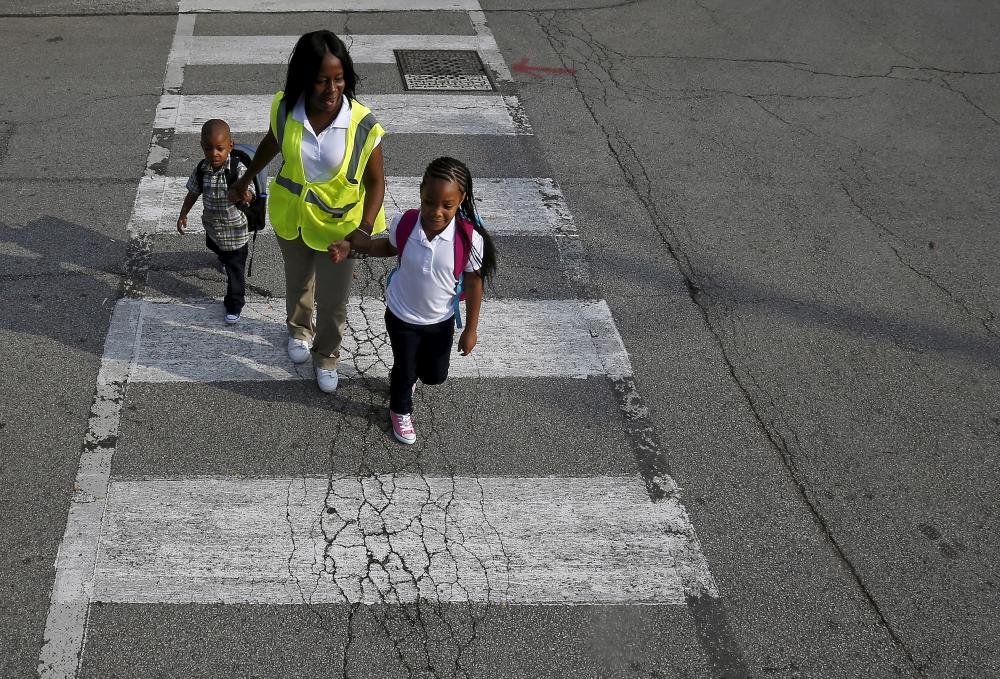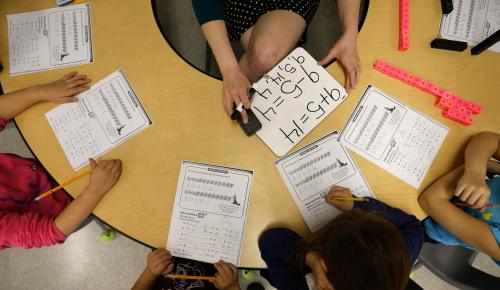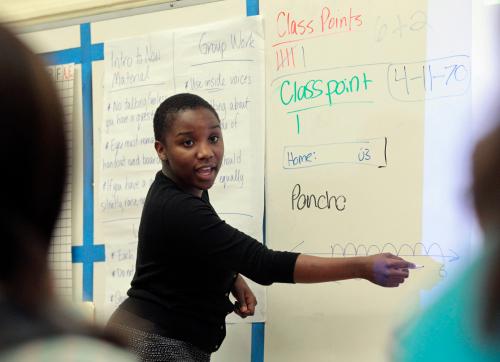
Early Childhood Education
A good-enough early childhood
Evidence Speaks is a weekly series of reports and notes by a standing panel of distinguished researchers with a commitment to elevating the role of methodologically rigorous research in the formation of education and social policy.
Sign up here to receive an email alert when new research is published to the series.



